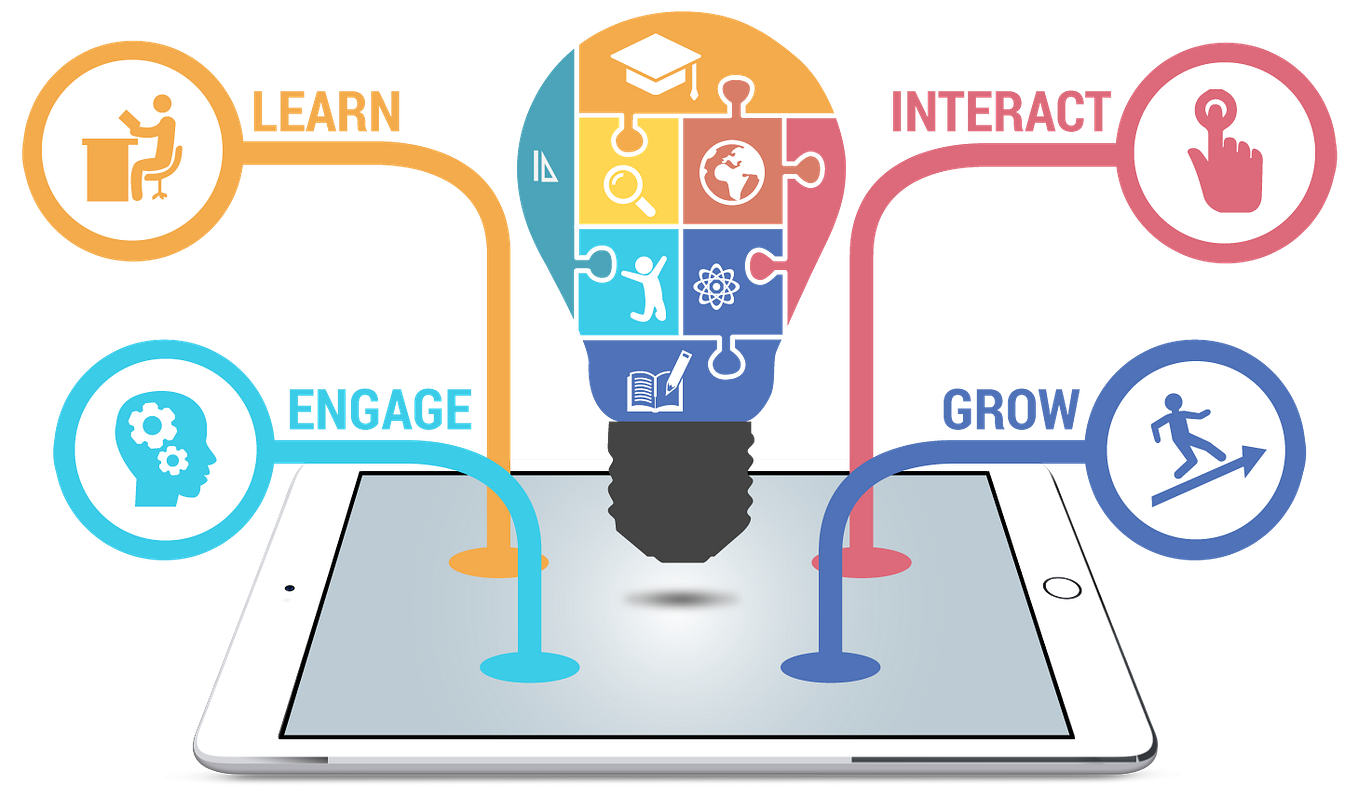Online Language Learning Market Trend 2025–2035: Personalized Learning Revolution

The Online Language Learning Market Trend highlights a shift toward personalized and adaptive digital learning experiences. The Global Online Language Learning Market is projected to decline from 21.49 USD Billion in 2024 to 85.88 USD Billion by 2035, reflecting technological innovation and changing learner preferences. Platforms increasingly leverage AI and machine learning to deliver customized lessons, real-time feedback, and personalized learning pathways, making education more engaging and effective. Gamified experiences, interactive exercises, and virtual speaking sessions enhance learner retention and motivation.
Learners enjoy the flexibility of learning anytime and anywhere, which is particularly beneficial for working professionals and international students. Online platforms provide real-time speech recognition, grammar correction, and performance analytics, enabling learners to track progress and focus on areas needing improvement. Social learning networks and community-based platforms also foster peer learning and global collaboration.
Technological advancements such as AI tutors, chatbots, and immersive multimedia content are reshaping the market. Mobile learning, cloud computing, and VR/AR integration enhance accessibility, interactivity, and engagement. These tools help learners overcome geographical barriers and provide scalable solutions for institutions and corporate training programs.
North America remains the largest market due to digital infrastructure and tech-savvy populations. Europe and Asia-Pacific are growing markets, supported by multilingual education initiatives, government programs, and corporate adoption. Latin America and the Middle East are emerging regions, leveraging smartphone penetration and affordable connectivity to adopt online learning solutions.
Market challenges include competition from free apps, learner retention issues, and maintaining content relevance. Platforms must focus on high-quality interactive materials, gamified learning, and adaptive systems to engage users effectively. Ensuring digital literacy and providing technical support remain critical.
Future trends indicate an increased adoption of AI-powered tutors, gamified microlearning, and immersive language experiences using VR/AR. Collaborations with universities, corporates, and governments are expected to boost the market’s reach. Online language learning is poised to become an integral part of lifelong education, offering flexibility, efficiency, and global accessibility.
More Reports:
- Art
- Causes
- Crafts
- Dance
- Drinks
- Film
- Fitness
- Food
- Παιχνίδια
- Gardening
- Health
- Κεντρική Σελίδα
- Literature
- Music
- Networking
- άλλο
- Party
- Religion
- Shopping
- Sports
- Theater
- Wellness



